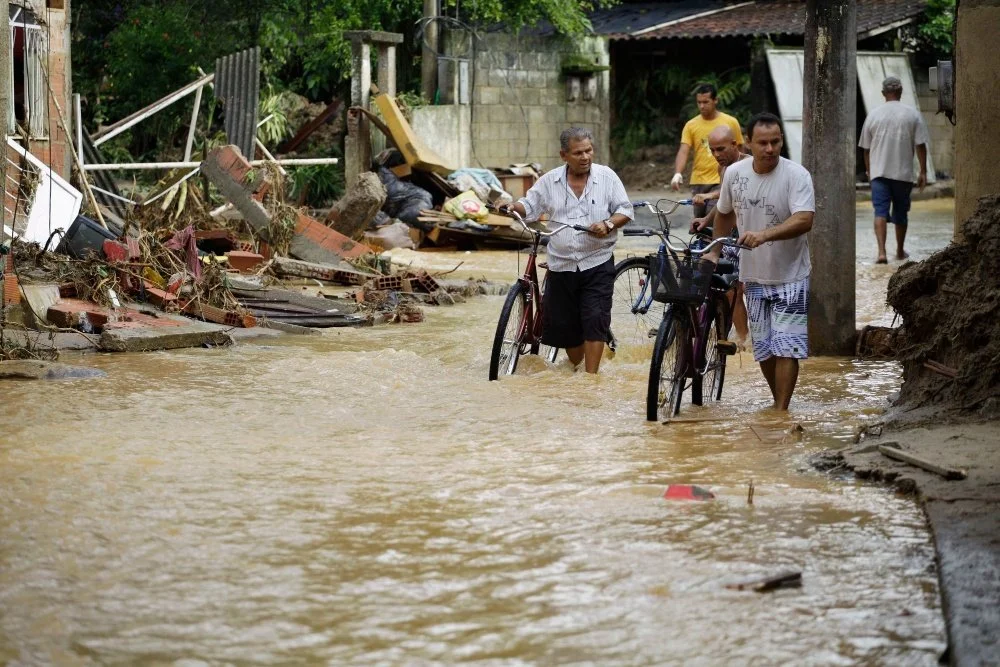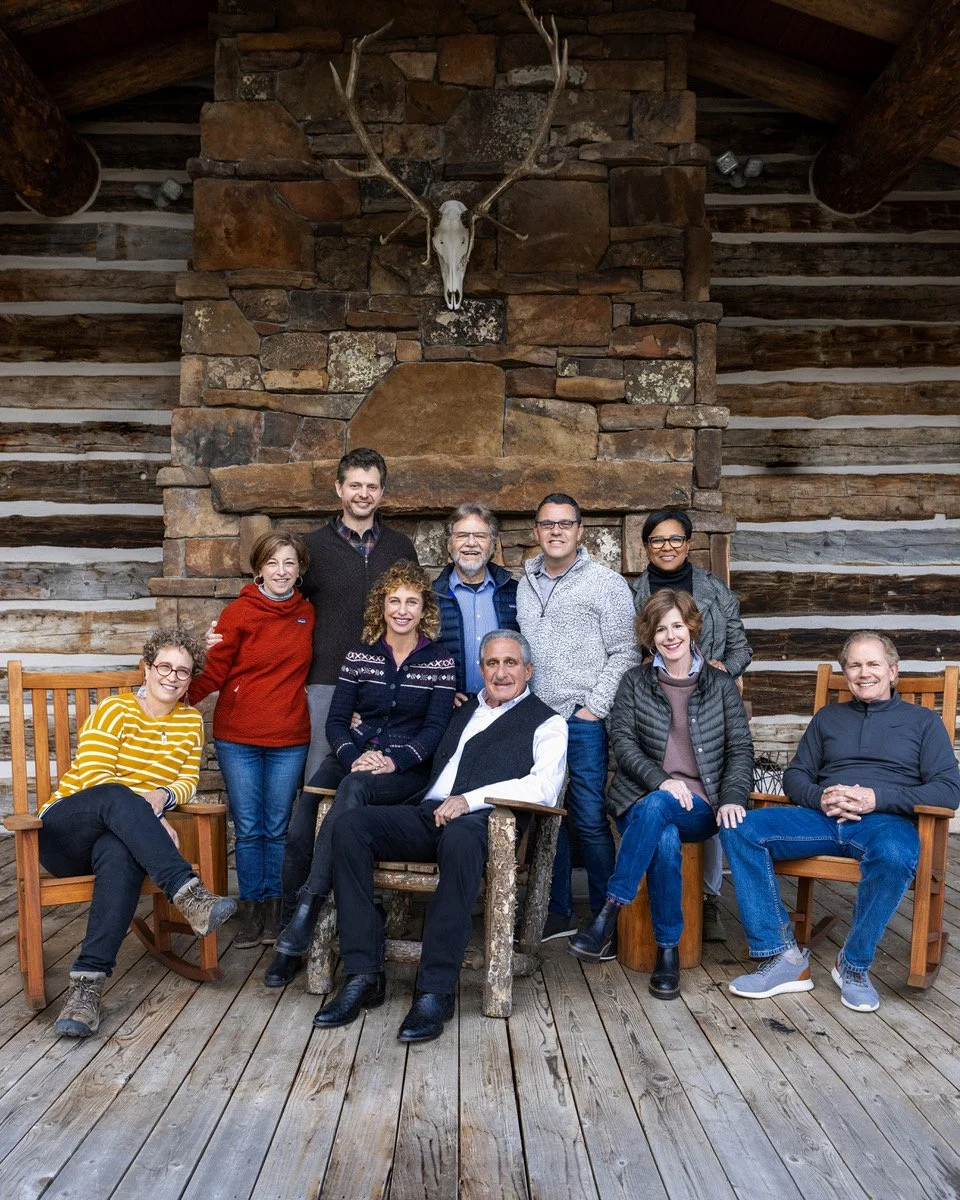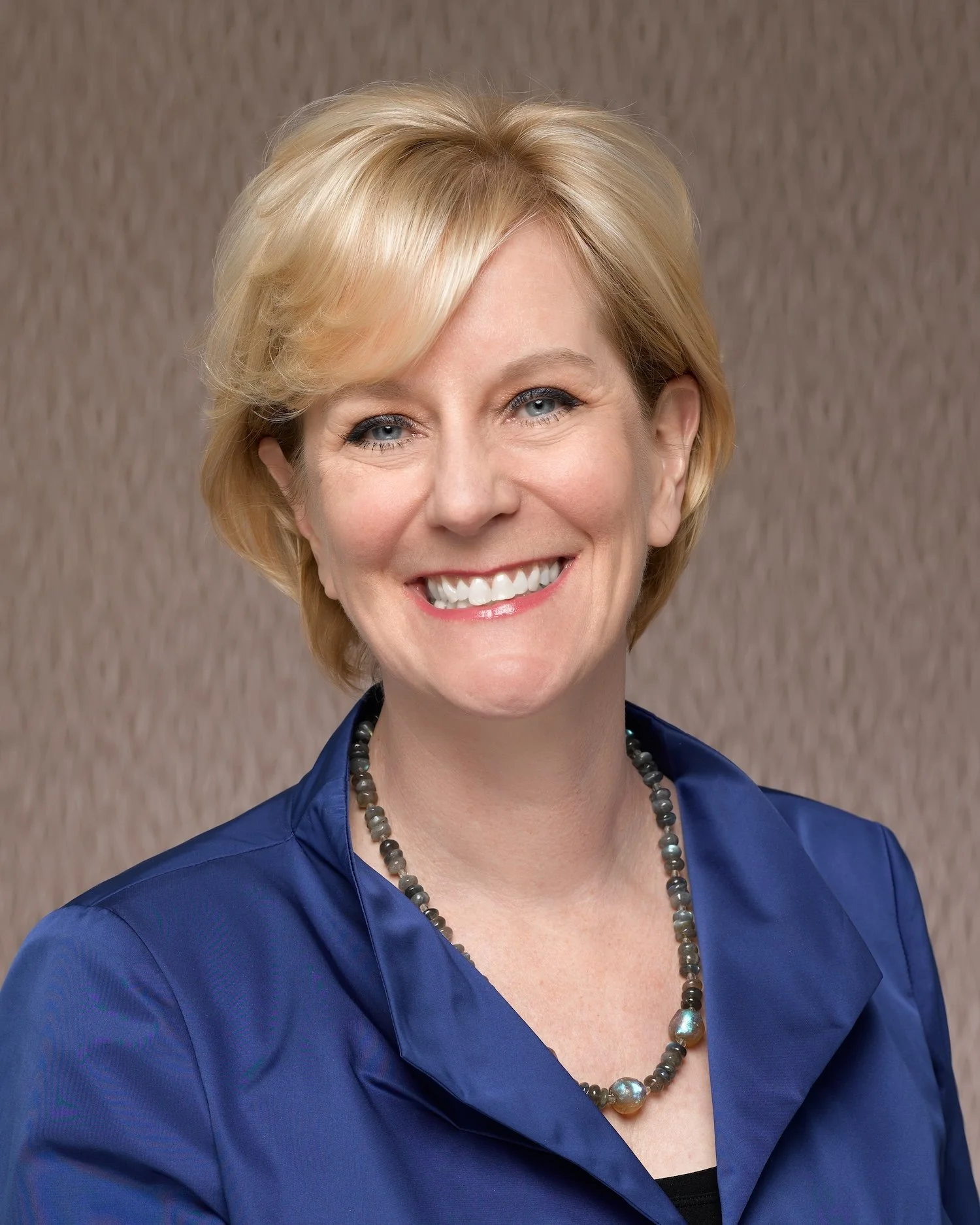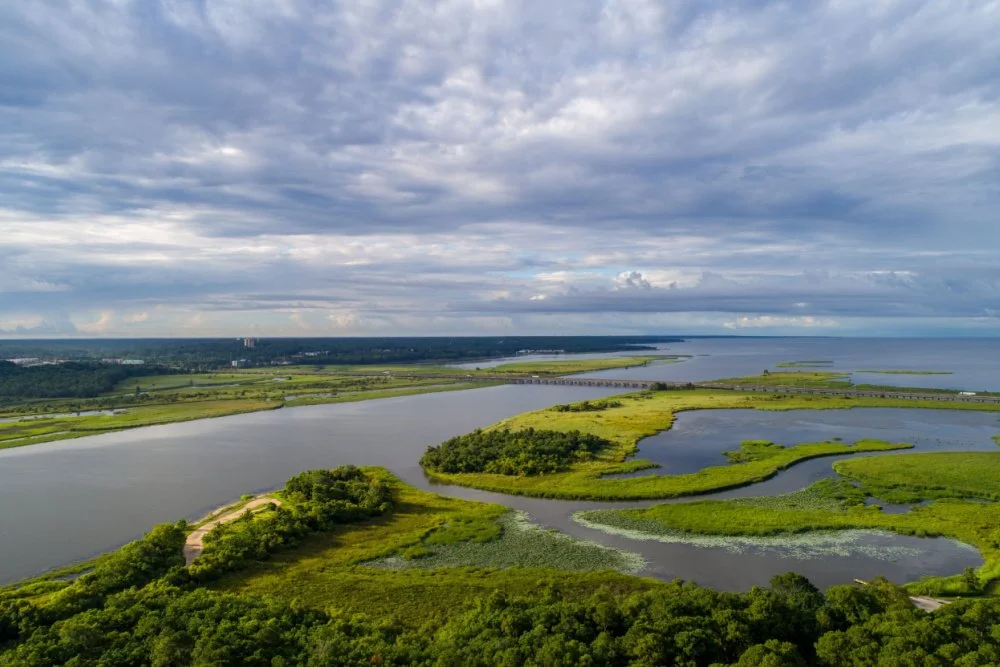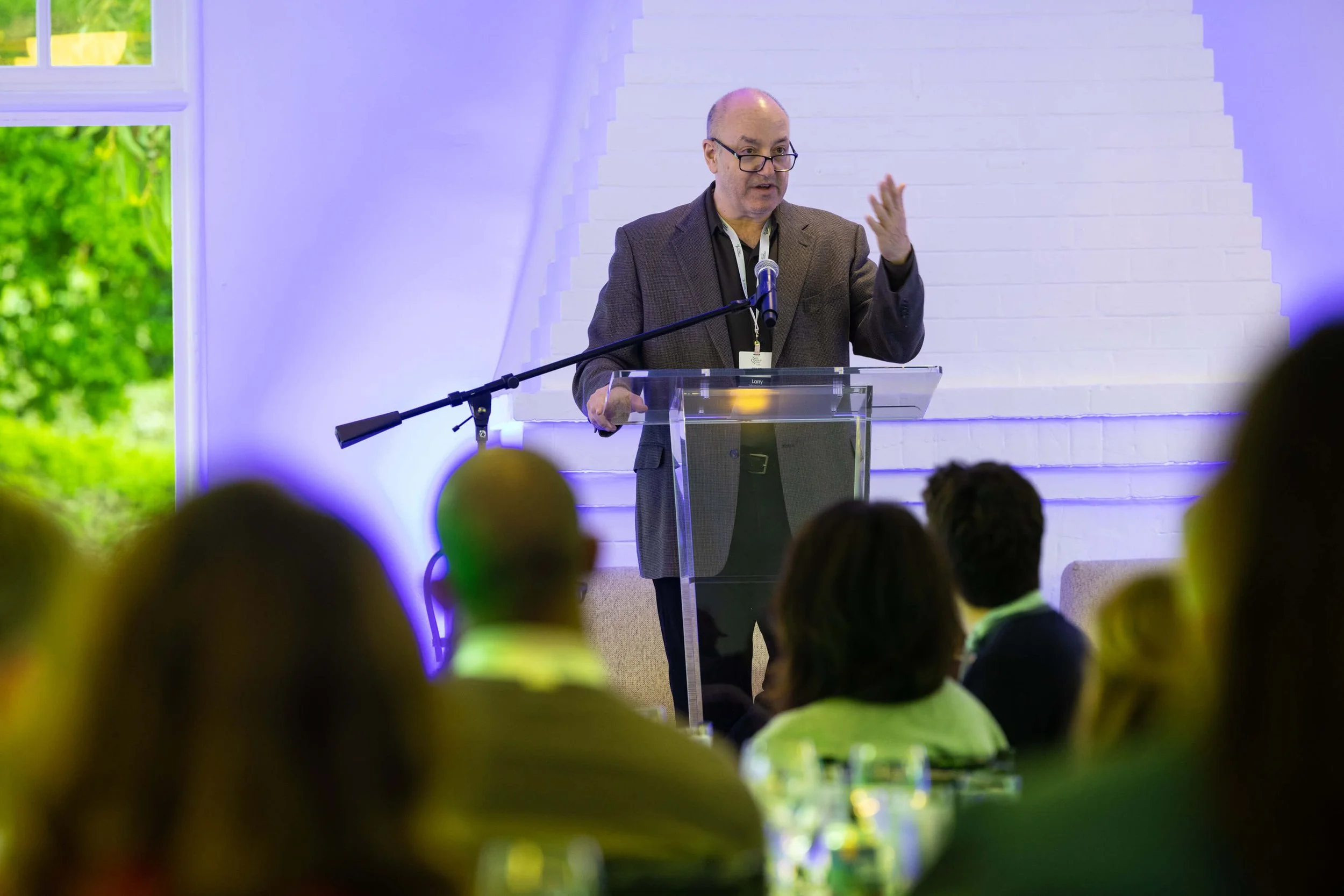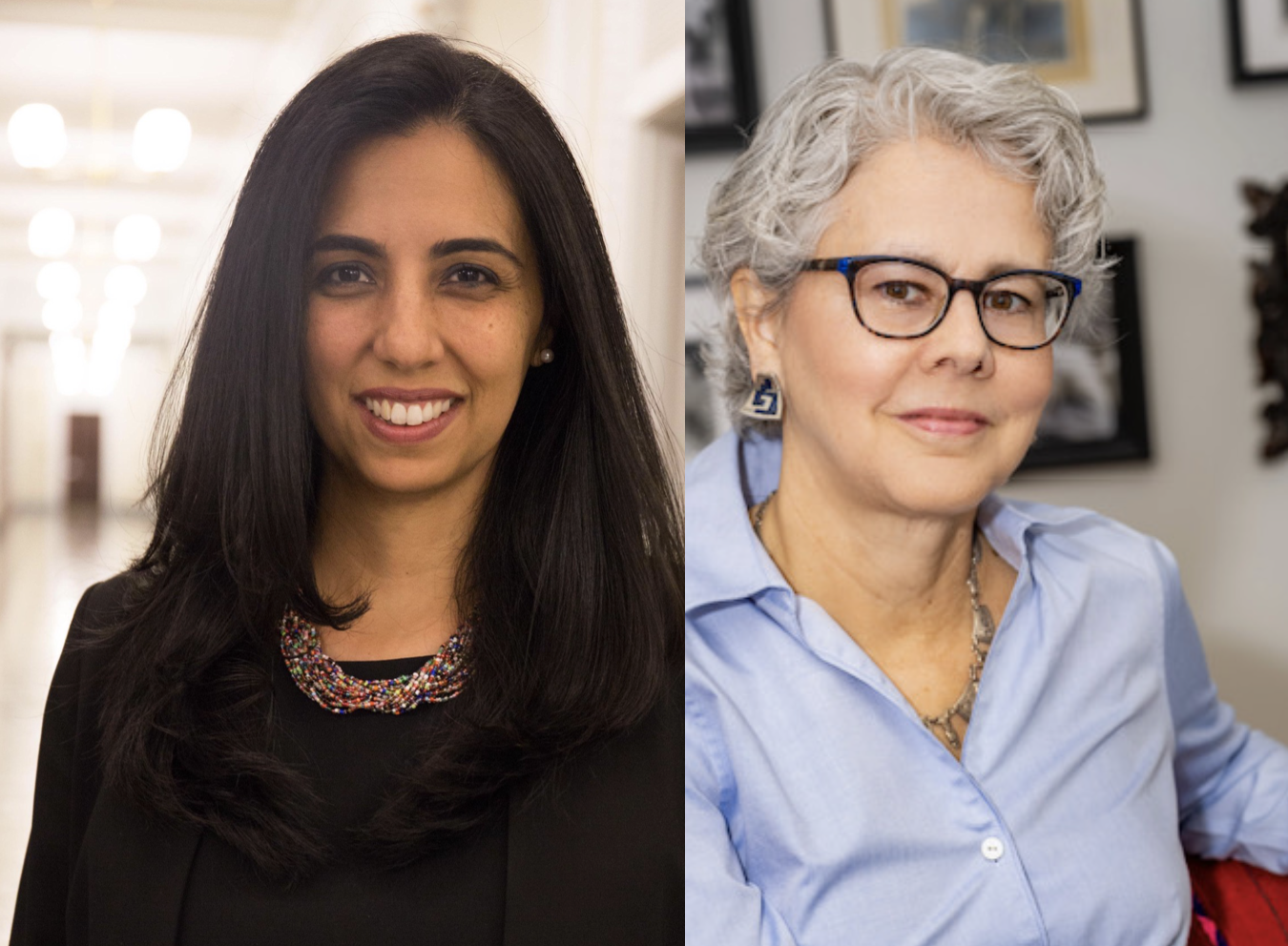A Rising Foundation Looks to Historically Black Colleges as Clean Energy Leaders
/photo: sirtravelalot/shutterstock
The JPB Foundation is still a relative newcomer to the ranks of big-league grantmaking, and its president Barbara Picower keeps a pretty low profile. But JPB is getting tough to miss. The funder is showing up all over the place, notably in a number of funder collaboratives alongside heavyweights like Kellogg, Ford and Kresge.
The foundation is fast becoming a major national player, including in two key focus areas—poverty and the environment. One issue JPB has embraced is the challenge of bringing more clean energy to cities, and in particular, low-income communities and housing. A recent grant is getting the ball rolling on what could become a sizable partnership with historically black colleges and universities (HBCUs).
Related:
- Nonprofits Aren't Great at Listening. A Group of 7 Funders Wants to Change That
- Inside a Funder Collaborative Seeking Social Justice Through Pop Culture
- Big Problem, Limited Funds: Can Philanthropy Make Headway on Housing?
The foundation awarded $250,000 for a one-year planning grant to the Historically Black Colleges and University Community Development Coalition (HBCU CDAC) for work to expand access to clean energy in low-income communities. It’s one of those projects that’s after a handful of impacts, not the least of which is to expand solar power adoption in neighborhoods surrounding the colleges. It’s also looking to train residents for clean energy jobs, engage STEM majors and graduates with careers in solar and energy efficiency, and develop new businesses in the clean energy economy.
The program builds on a project called the Baltimore Solar Initiative, which was led in part by HBCU member Morgan State University to build a partnership combining solar energy adoption with job creation and workforce training. The success of that initiative led to a partnership between HBCU CDAC and the Department of Energy called the HBCU Clean Energy Initiative, a coalition of 14 colleges seeking to replicate the work in Baltimore.
Now, with philanthropic backing, the coalition will conduct some validation for eight potential clean energy pilot projects, holding a bunch of round table discussions and gathering feedback from stakeholders. You know, all that stuff foundations love.
This is a topic JPB has been interested in for a while, now. It’s funded a nonprofit called GRID Alternatives for work to expand solar power in multi-family affordable housing. And the foundation joined Kresge and Surdna in supporting the Clean Energy Group for similar work on clean energy and affordable housing, and research on the topic.
Related:
- Solar Power With Storage for All? Philanthropy Can Help Make it Happen
- How a $90 Million Mix of Grants and Financing Seeks to Make Infrastructure More Equitable
- What's This Funder Up to at the Nexus of Poverty, Pollution, and Parks?
Again, JPB has become a major funder to watch in both the environment and justice spaces. The foundation has a pretty dark back story, as Barbara Picower is the widow of Jeffry Picower, the largest beneficiary of the Bernie Madoff Ponzi scheme. They were in litigation when Jeffry Picower died while swimming at their home in 2009. In 2010, Barbara Picower agreed to return $7.2 billion of their wealth, maintaining that her husband was unaware of any fraud.
Barbara Picower is also a longtime philanthropist, formerly running the Picower Foundation, which shut down amid the Madoff scandal. The JPB Foundation started up in 2012, and has gone from about a billion in assets at the end of that year to more than $3.7 billion in 2015’s tax filings. The foundation has a small staff, and seems to rely heavily on some extensive advisory boards, while connecting with other prominent philanthropies.
Alone, this isn’t a huge grant, just a year’s worth of cash for strategic planning. But the foundation has indicated that the outcome will be considered by JPB for a major grant to implement the pilot projects. JPB has not shied away from making large grants into the millions, and for some nationwide initiatives, so this could be the start of a large philanthropic project.


